
Shedding some light on black box algorithms
Digital, In the NewsIn recent decades, algorithms have become increasingly complex, particularly through the introduction of deep learning architectures. This has gone hand in hand with increasing difficulty in explaining their internal functioning, which has become an important issue, both legally and socially. Winston Maxwell, legal researcher, and Florence d’Alché-Buc, researcher in machine learning, who both work for Télécom Paris, describe the current challenges involved in the explainability of algorithms.
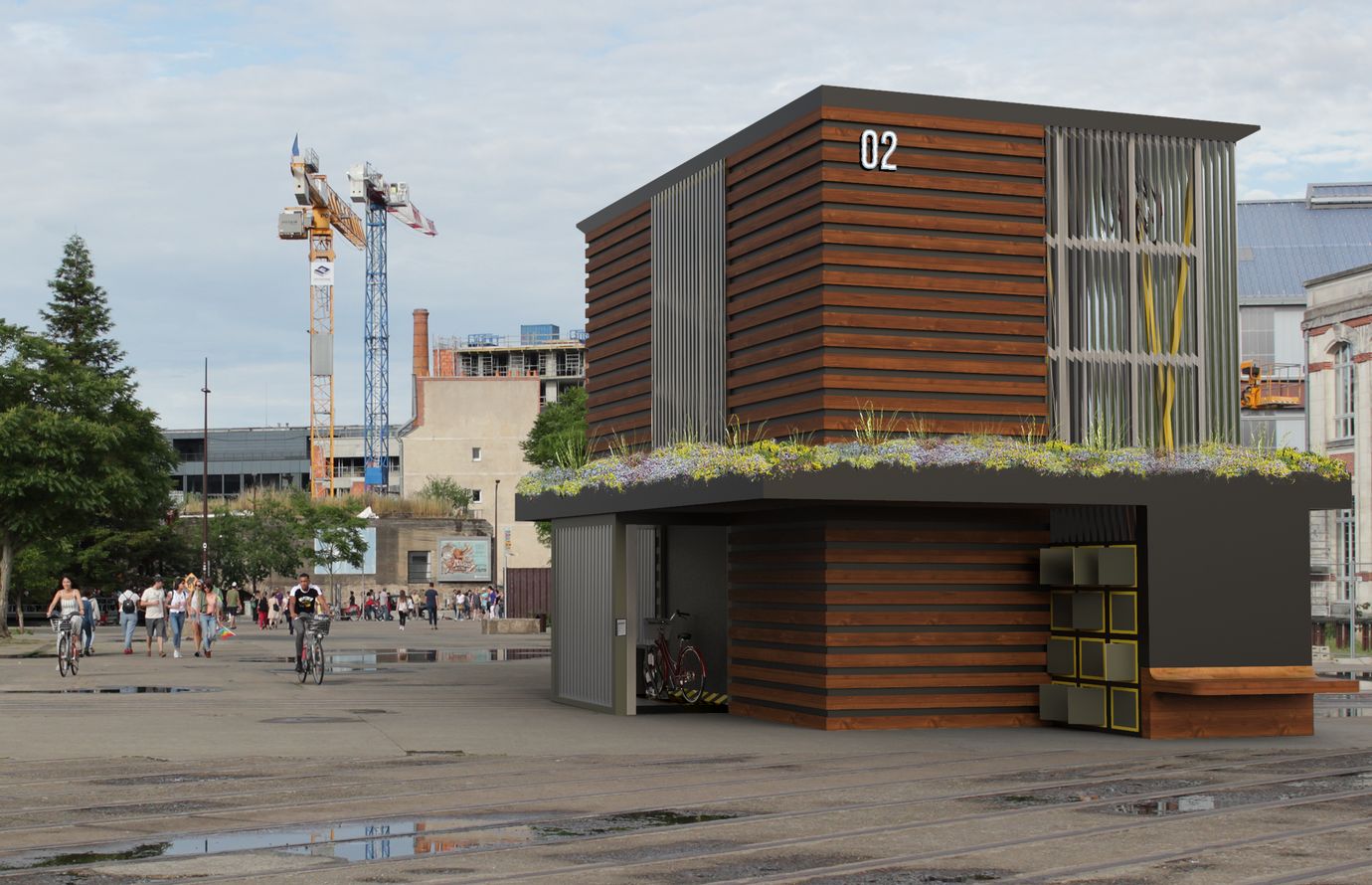
La Ruche à Vélos is developing secure bicycle parking throughout France
Digital, In the News, Mobility, Start-up-en
Innovative and appropriate parking solutions must be created for the long-term development of cycling. The La Ruche à Vélos start-up incubated at IMT Atlantique offers an automated, secure and easy-to-use parking facility. This modular concept…
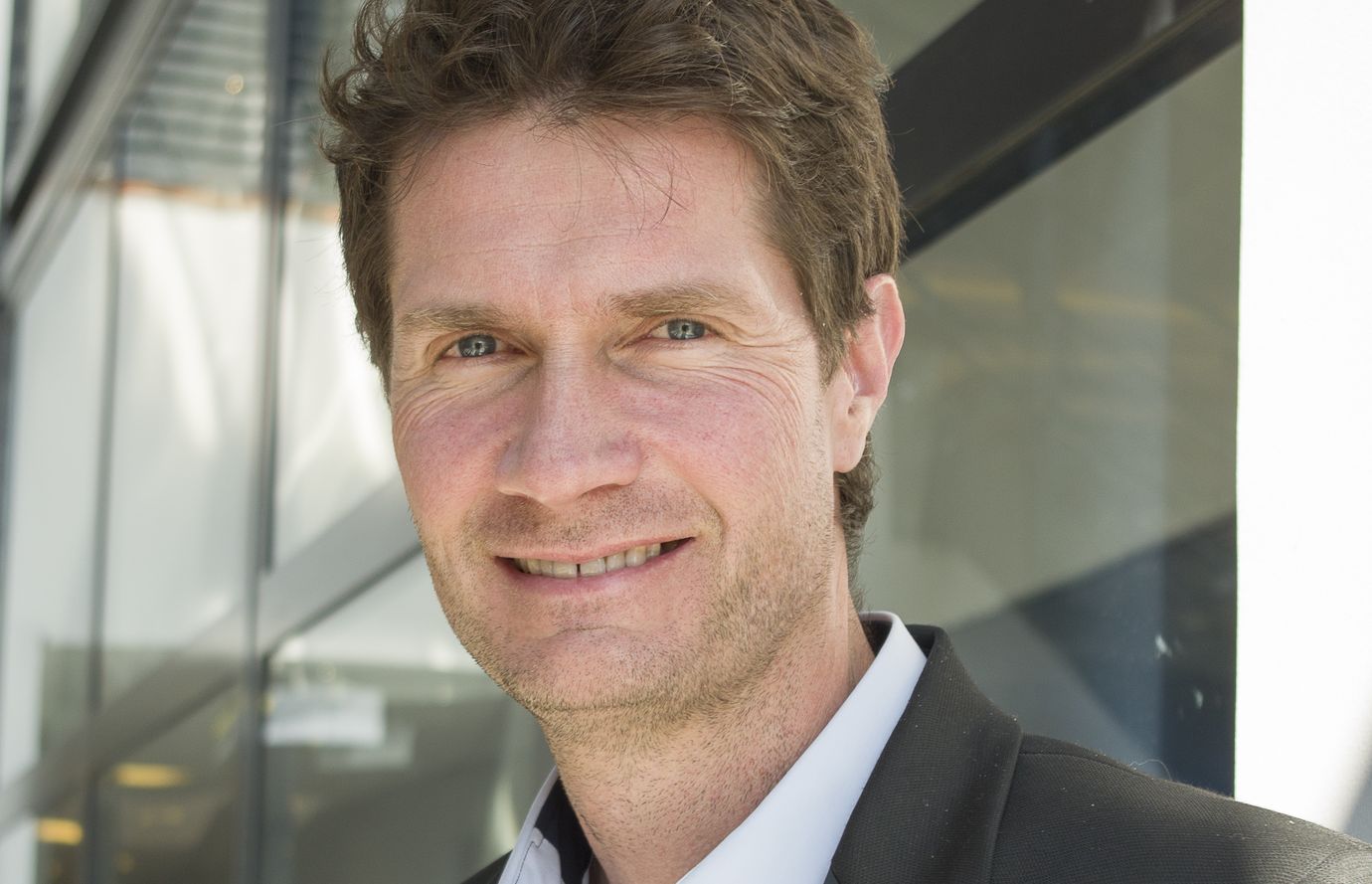
PERFUME: a scent of cooperation for the networks of the future
Digital, In the News
The ERC PERFUME project, led by EURECOM researcher David Gesbert and ending in 2020, resulted in the development of algorithms for local decision making in the mobile network. This research was tested on autonomous drones, and is particularly…
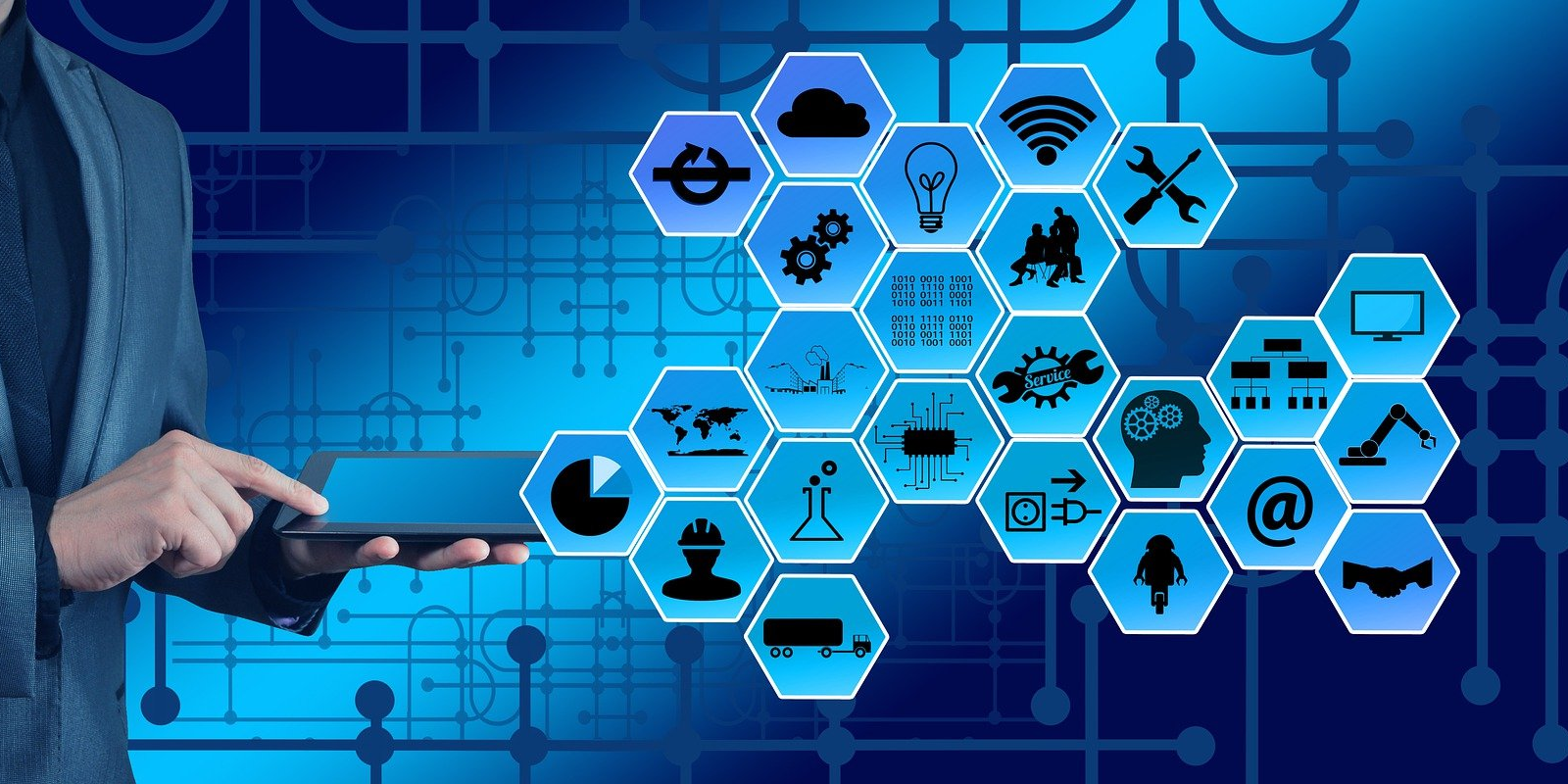
Supporting companies in the midst of crisis
Digital, Europe EN, In the News, Industry
The RAMP-UP Seed project is one of 9 new projects to have been selected by the German-French Academy for the Industry of the Future as part of the “Resilience and Sustainability for the Industry of the Future” call for projects. It focuses…

Facial recognition: what legal protection exists?
In the News, Digital, In the News, Uncategorized, Digital, Society, Uncategorized
Over the past decade, the use of facial recognition has developed rapidly for both security and convenience purposes. This biometrics-based technology is used for everything from video surveillance to border controls and unlocking digital devices.…
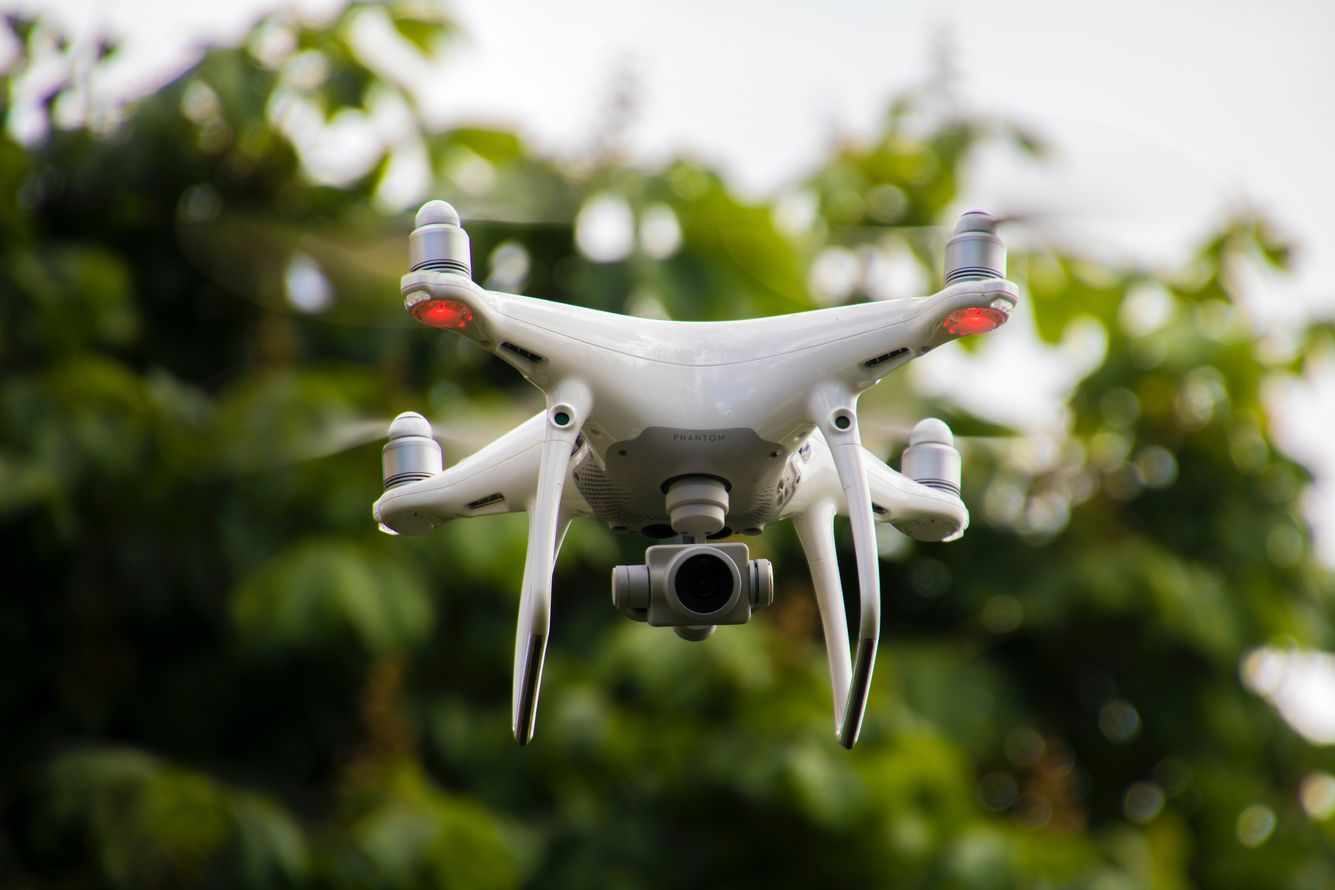
Hacked in mid-flight: detecting attacks on UAVs
Digital, In the News
A UAV (or drone) in flight can fall victim to different types of attacks. At Télécom SudParis, Alexandre Vervisch-Picois is working on a method for detecting attacks that spoof drones concerning their position. This research could be used…

The Alicem app: a controversial digital authentication system
Digital, In the News, Society
Laura Draetta, Télécom Paris – Institut Mines-Télécom and Valérie Fernandez, Télécom Paris – Institut Mines-Télécom
[dropcap]S[/dropcap]ome digital innovations, although considered to be of general interest, are met with…

Étienne Perret, IMT-Académie des sciences Young Scientist prize
Digital, In the News, Portrait, Uncategorized
What if barcodes disappeared from our supermarket items? Étienne Perret, a researcher in radio-frequency electronics at Grenoble INP, works on identification technologies. His work over recent years has focused on the development of RFID without…
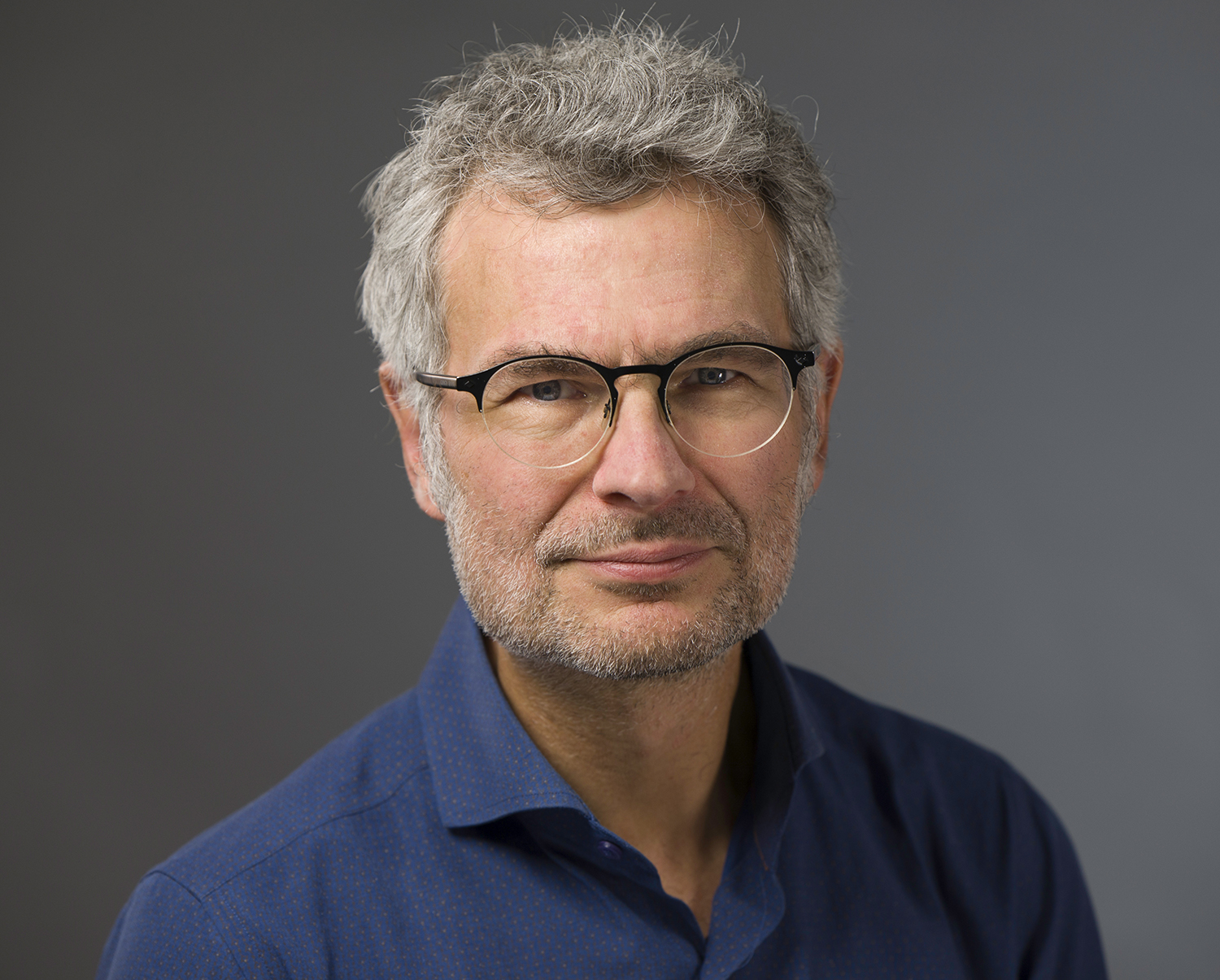
Gaël Richard, IMT-Académie des sciences Grand Prix
Digital, In the News, Portrait, Uncategorized
Speech synthesis, sound separation, automatic recognition of instruments or voices... Gaël Richard's research at Télécom Paris has always focused on audio signal processing. The researcher has created numerous acoustic signal analysis methods,…
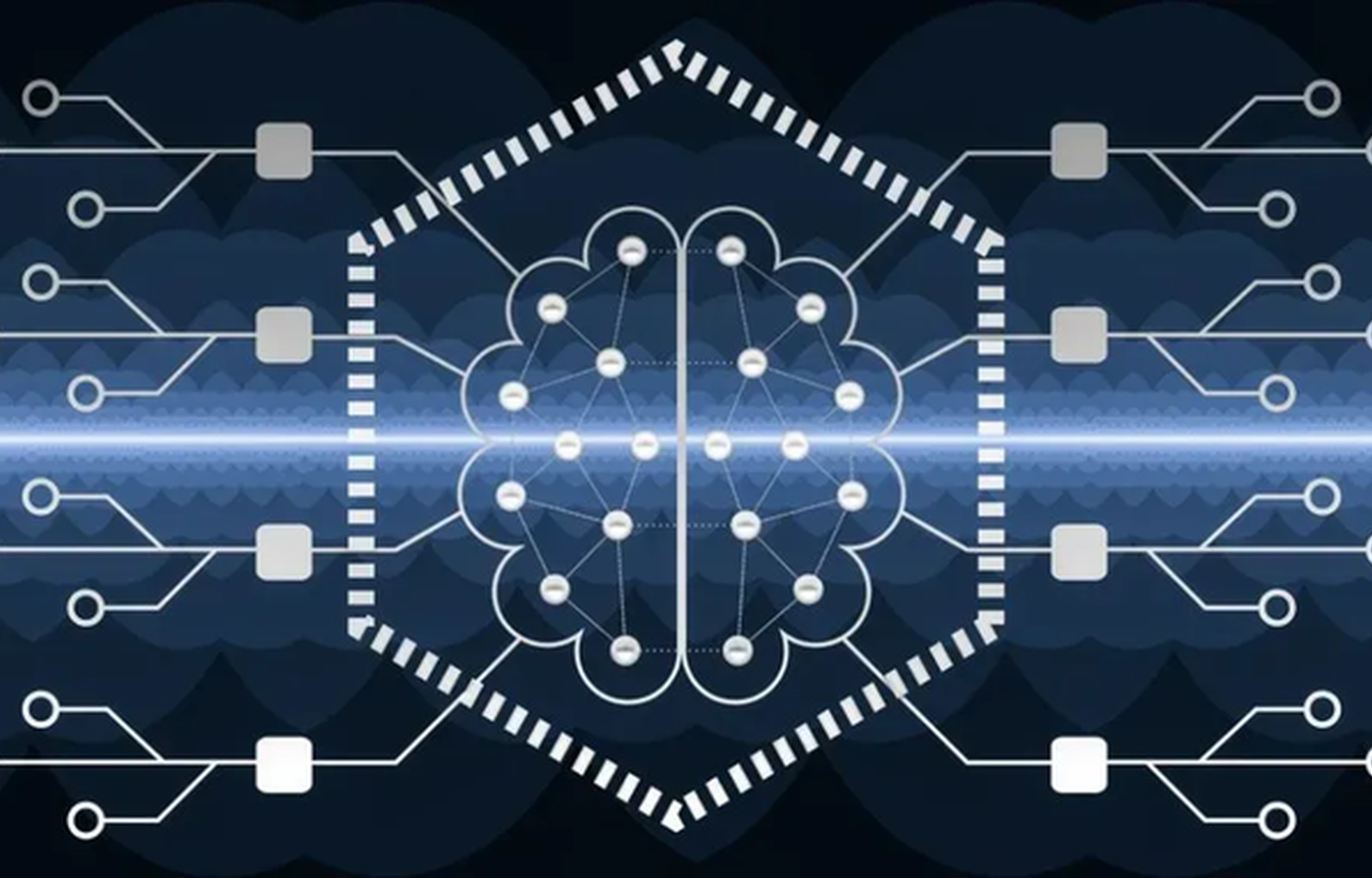
How to better track cyber hate: AI to the rescue
Digital, In the News
The widescale use of social media, sometimes under cover of anonymity, has liberated speech and led to a proliferation of ideas, discussions and opinions on the internet. It has also led to a flood of hateful, sexist, racist and abusive speech.…

